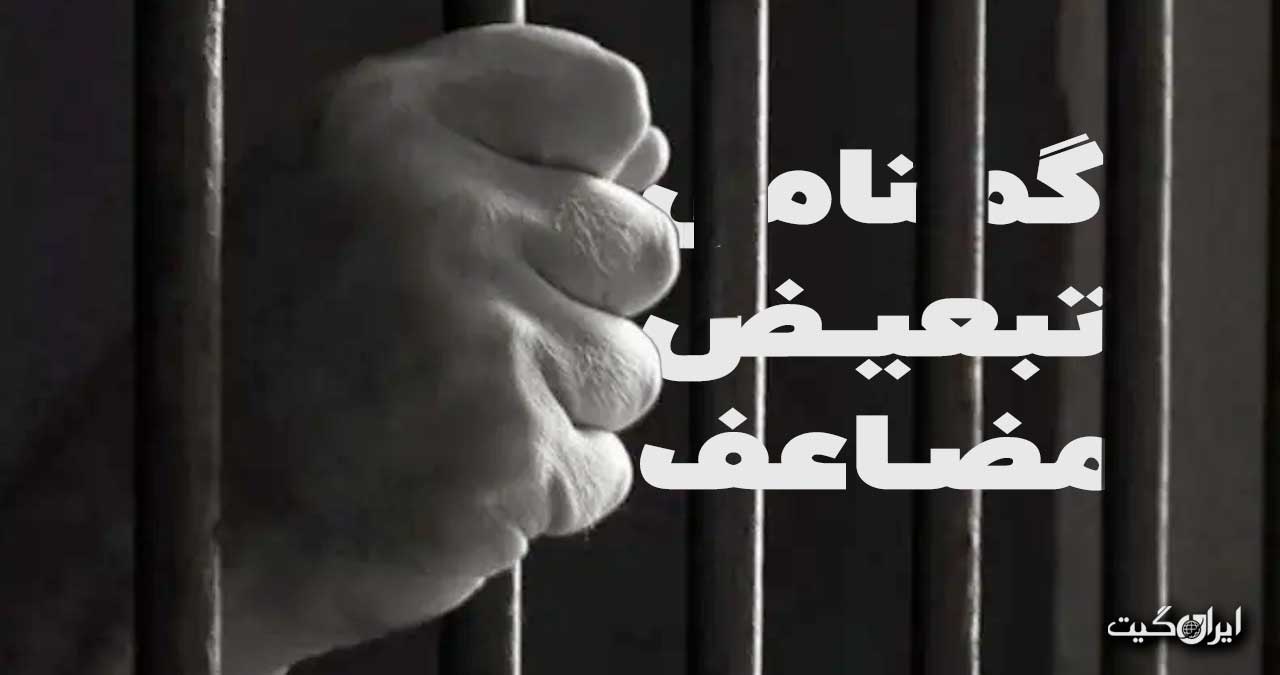Anonymity as Double Discrimination
Anonymity as Double Discrimination: Regardless of the correctness or incorrectness of some criticisms and controversies that arose after Hossein Ronaghi’s release, part of the critics’ argument was that focusing on informing about one or a few detainees might lead to neglecting the situation of dozens of other detainees who appear to be anonymous and unknown.
Fame and having a group of supporters and fans in such a situation can also seem discriminatory. Political activists, celebrities, footballers, or journalists and similar individuals who are currently detained receive more attention than others. Their situation is followed up, and there is likely more pressure for their release compared to others. Famous footballers and actors spend less time in detention and are released sooner.
Among them, those who are members of a union or group have a better situation, such as teachers, students, and some labor activists, because if their union is informed, there is a possibility of spreading information about them, although their news is still seen and shared less than that of well-known figures.
A while ago, a Twitter user said that we should cover the news of relatively unknown detainees as much as possible. Maybe if Mehrshad Shahidi’s name had been spread from the time of his arrest, he would be alive now. The brother of a political prisoner said that during the arrest and solitary confinement of your loved ones, informing is the most important thing that undoubtedly must be done.
Many political activists have repeatedly shared their experiences in this field on social media and have urged families not to miss the golden time and to promptly inform about the detained individual or individuals in their family. However, sometimes the family’s reluctance and insistence on not spreading information create obstacles.
Whether rightly or wrongly, or under the influence of some pressures, families believe that by not spreading information, their detained loved one might be released sooner. However, one of the most important actions for saving detained individuals is informing, as it reduces the pressure on the detained individual.
For this reason, conditions for nameless and faceless prisoners are more complicated, especially in smaller cities, worse than in Tehran. Often, the detaining authority in small cities and peripheral areas is unknown. When we talk about the voicelessness of detainees in peripheral areas, it means that sometimes there is no information about the detaining authority or the place of detention of the arrested individual. Not only are they deprived of the right to access a lawyer, but there is no mention of them on any social network.
Hashtags like ‘Unnamed Captives, Don’t Be Silent’ have been used on social networks like Twitter to inform about these nameless detainees. A Twitter user, referring to the effectiveness of informing about anonymous prisoners, wrote that a few days ago, they wrote about one of the anonymous prisoners, and now the mother has sent a message that a friend found out through this method that bail had been posted and her son was released.
Sometimes a detained individual has a specific physical or mental illness that requires treatment, access to medication, and special attention. Certainly, informing about them is vital for their survival. For example, an 18-year-old teenager detained in Mashhad suffers from a skin disease. A user, by sharing his picture, wrote that being in prison is dangerous for him, or a patient with diabetes and heart problems.
Currently, there is no precise information or official statistics on the number of detainees. Some media outlets have reported numbers exceeding 10 or 15 thousand people. Meanwhile, the Committee for Monitoring the Situation of Detainees, which was formed to investigate detainees in recent protests, has only been able to document the names of 2,300 detainees as of Tuesday, December 1.

